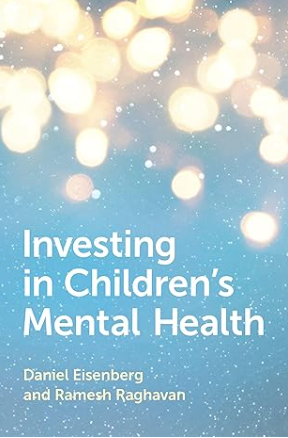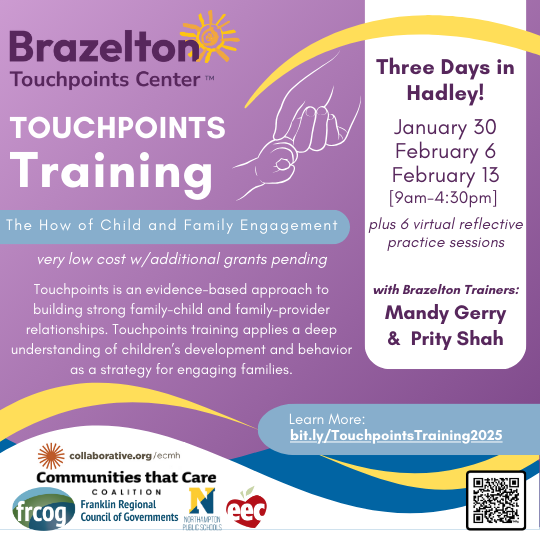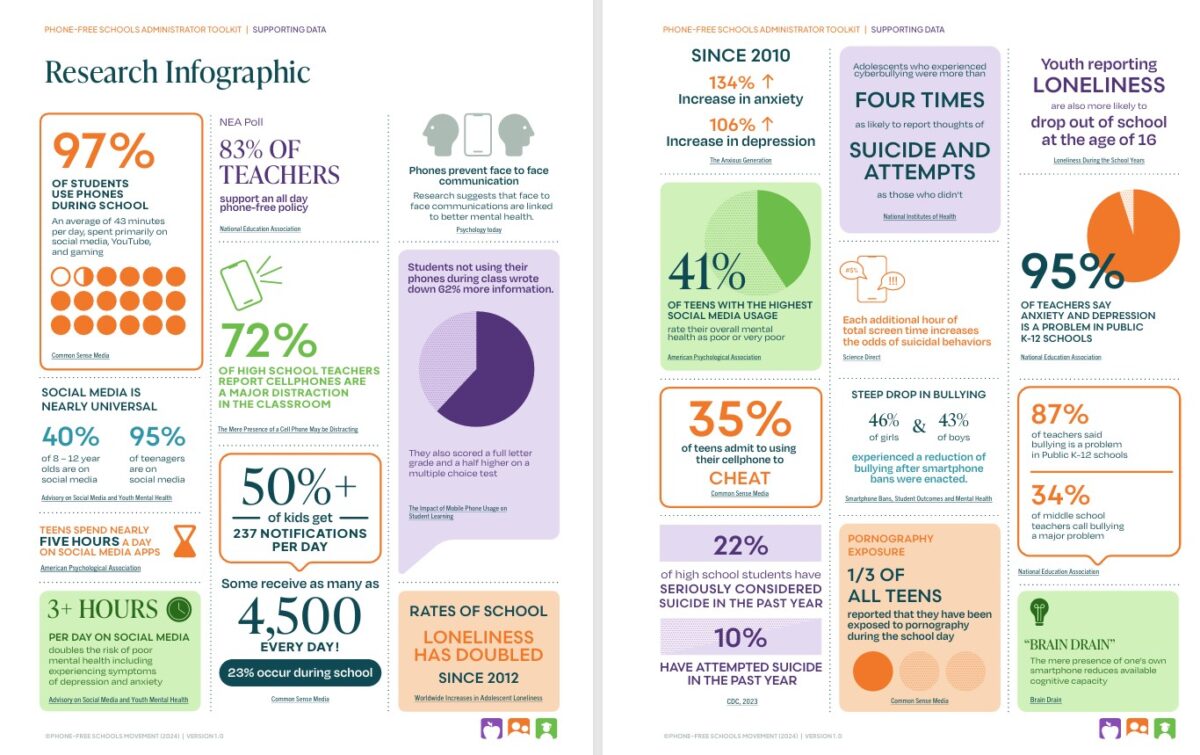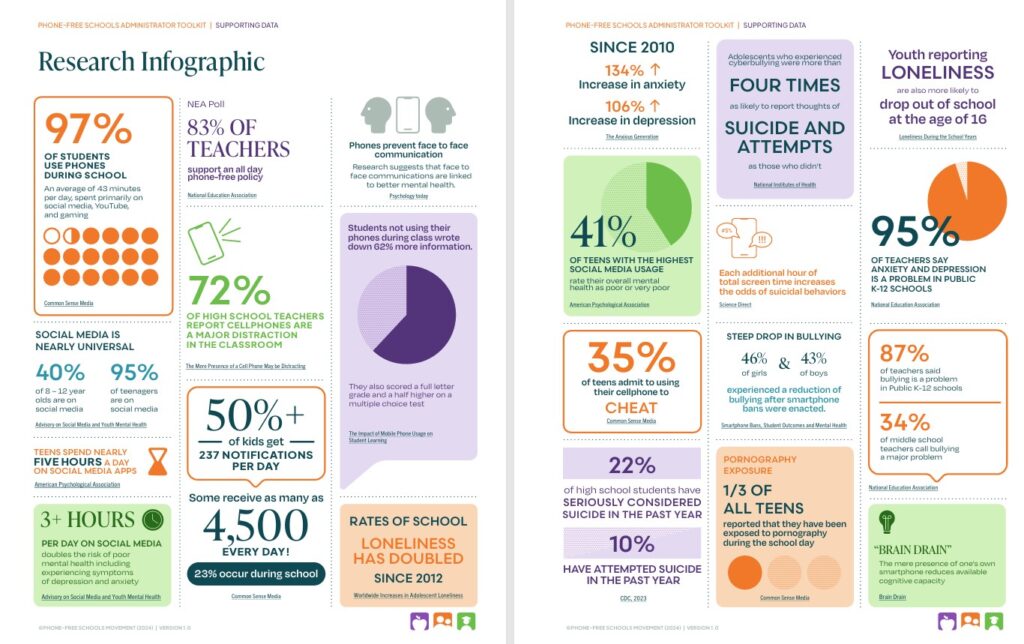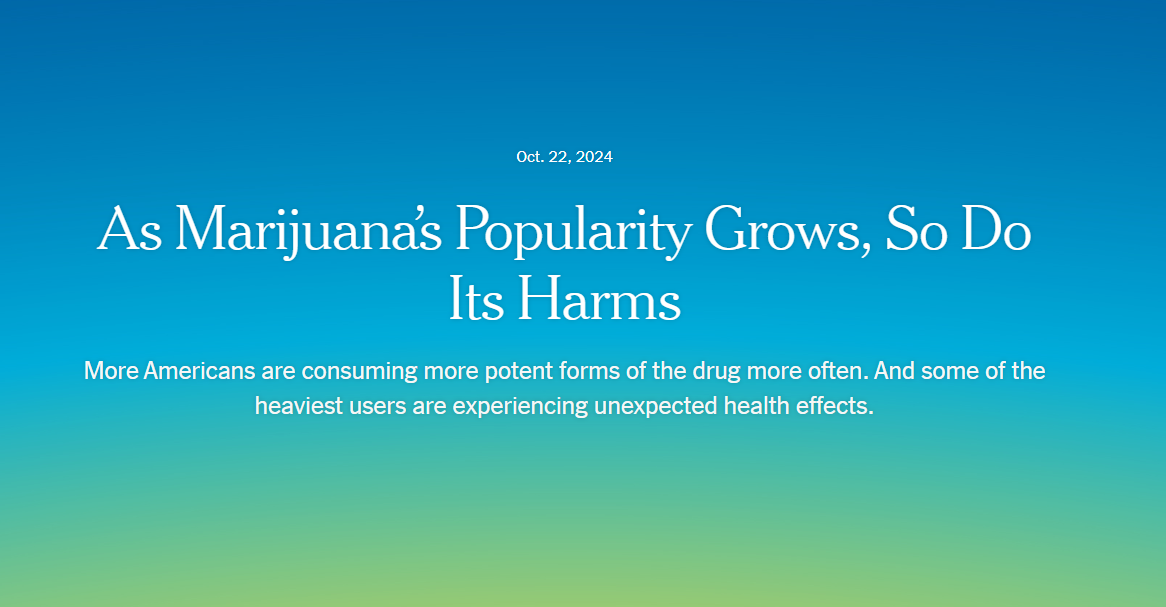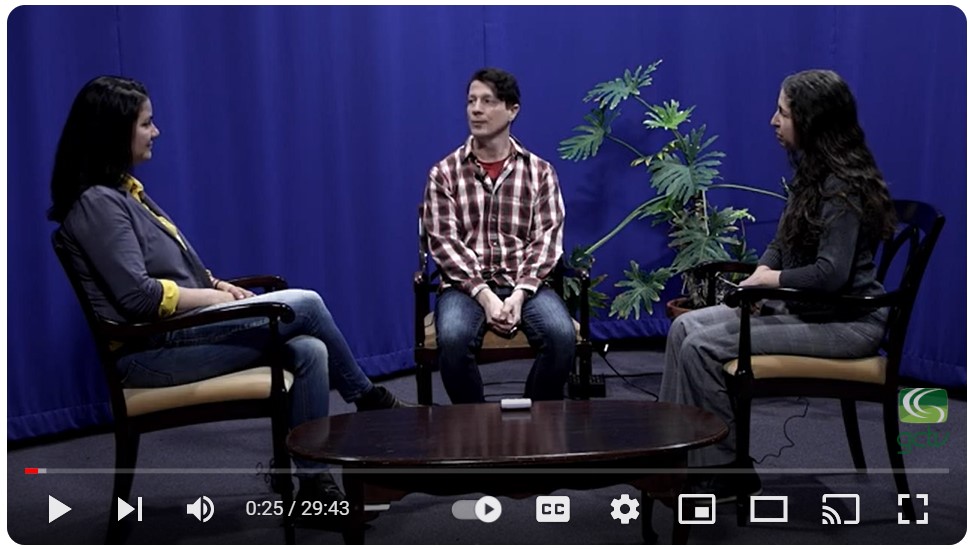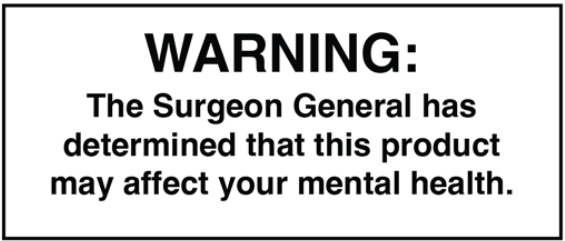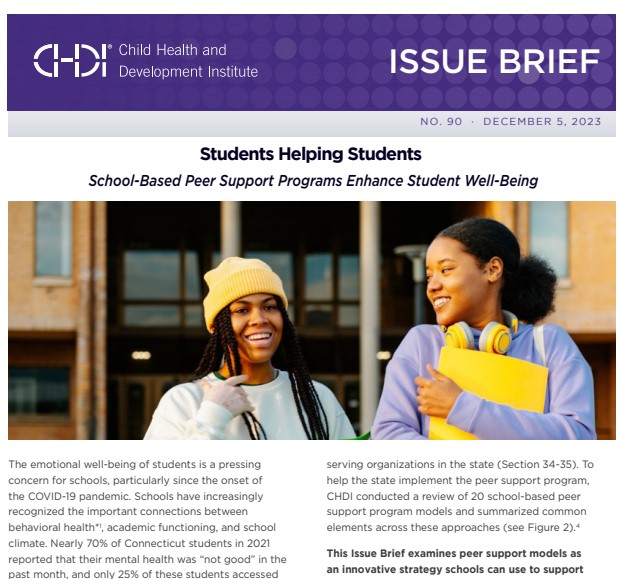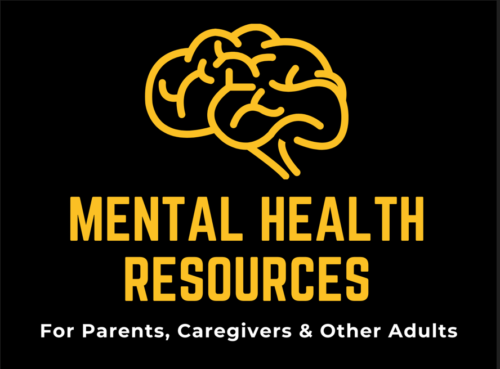Coalition Featured in book on Investing in Children’s Mental Health
The Communities That Care Coalition of Franklin County and the North Quabbin is featured in a new book from Oxford University Press on Investing in Children’s Mental Health as one of the best available investments in children’s mental health. The authors, Daniel Eisenberg (professor of health economics at UCLA) and Ramesh Raghavan (mental health researcher and professor at NYU), present five case studies to forward society’s thinking on three questions: (1) What are some of the best available investments to improve the mental health of children and adolescents in the United States? (2) To what extent are these investments being made? and (3) What can practitioners, child-serving organizations, policymakers, and other stakeholders do to promote such investments?
The authors attended several CTC coalition and workgroup meetings and the book contains a glowing chapter on our coalition. The authors make note of the community’s longstanding collaborative culture, of the coalition’s “informal approach” balanced with “clear professionalism and dedication,” explaining that “The inclusive and collaborative culture appears to welcome, rather than deflect or resist, difficult questions and potentially competing groups and ideas,” and “By nearly every measure, the results of the coalition’s work have been impressive.”

